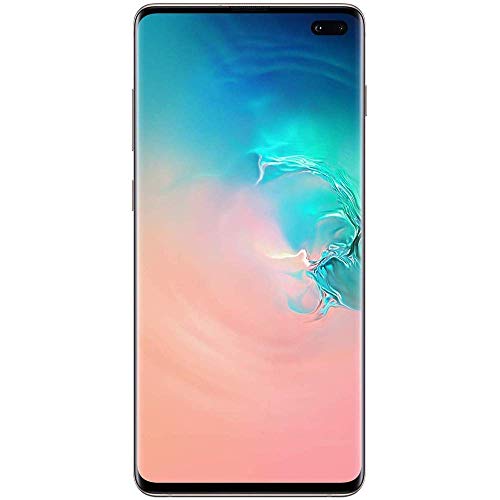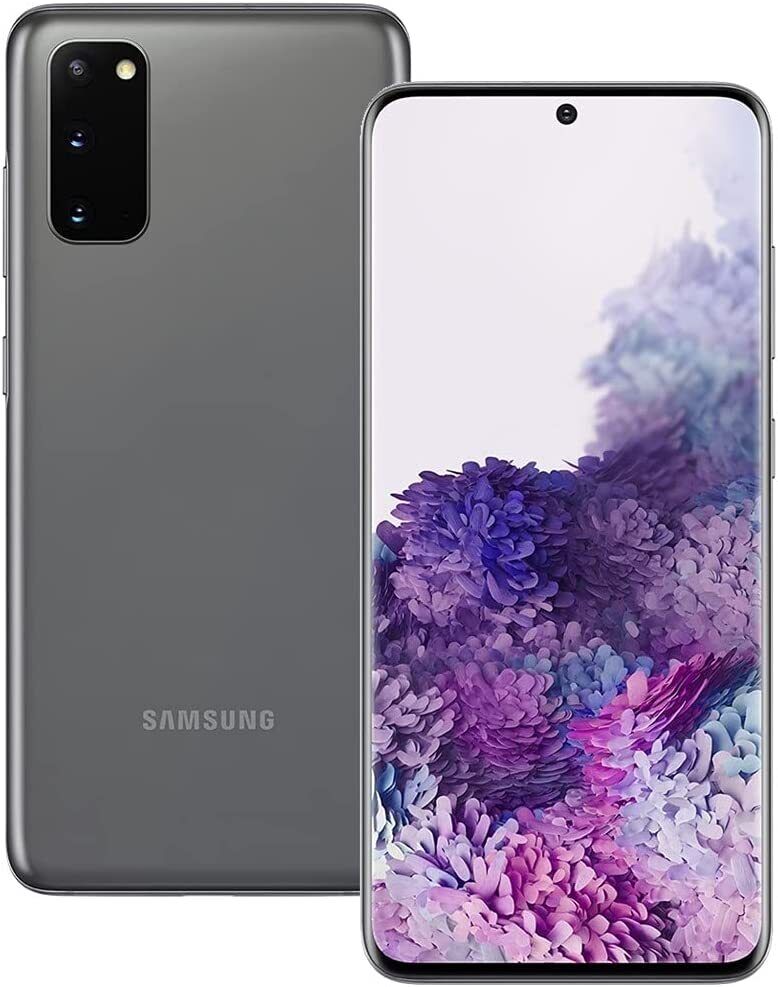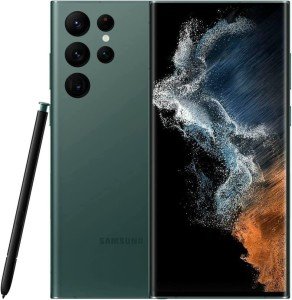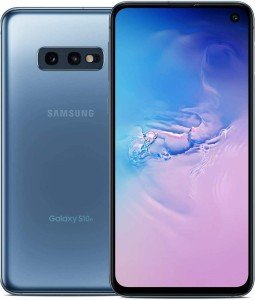A smartphone operating system is like the brain of your phone. It manages all the hardware and software, helping your device run smoothly. Think of it as the platform that lets you install apps, access features, and customize your experience. Whether you’re scrolling through social media or playing games, it all boils down to the operating system working behind the scenes.
There are a few main players when it comes to smartphone operating systems. The most popular ones are Android and iOS. Android, developed by Google, is known for its flexibility and vast range of apps. You’ll find it on tons of different devices, so if you love customization, this might be your go-to choice. On the other hand, iOS is Apple’s exclusive operating system, designed for iPhones. It's known for its smooth user experience and top-notch security.
Each smartphone operating system has its own unique features. For example, Android offers a customizable home screen, while iOS has a straightforward interface that makes navigation a breeze. Both have their own app stores, Google Play for Android and the App Store for iOS, where you can find millions of apps to enhance your smartphone experience.
When you pick a smartphone, the operating system plays a huge role in how you use your phone every day. It affects everything from battery life to app compatibility. Understanding smartphone operating systems helps you choose the right device that fits your needs. So, think about what features are most important to you before making a decision!
Types of Smartphone Operating Systems
When it comes to Smartphone Operating Systems, you've got a few main players out there. Each one has its own look, feel, and features, so picking the right one can make a big difference in your overall experience. Let’s break down the most popular types.
First up is Android. This system is super flexible and works on a wide range of devices from various brands like Samsung, Google, and Motorola. You’ll find tons of apps on the Google Play Store, and it's easy to customize your home screen, icons, and widgets to fit your style. Plus, if you love tweaking your settings, Android gives you that freedom.
Next, there’s iOS, exclusively for Apple devices like the iPhone and iPad. If you want a smooth and user-friendly experience, iOS is hard to beat. The App Store is packed with high-quality apps, and everything is designed to work seamlessly together. If security and privacy are important to you, Apple’s got a strong reputation in that area.
Last but not least, we have some niche options like Windows Phone and KaiOS. These aren’t as common, but they can be great for specific needs. Windows Phone offers a unique tile interface, while KaiOS is perfect for basic phones that need a few smart features. They're not going to give you the same experience as Android or iOS, but sometimes simpler is better!
Google Pixel 4 - 64GB, 6GB RAM, Black Smartphone
Stay connected with a powerful camera and smooth performance in a sleek design
Product information
$629.00 $110.99
Product Review Score
4.72 out of 5 stars
129 reviewsProduct links
Key Features of Each Operating System
When it comes to Smartphone Operating Systems, each one brings something unique to the table. Let’s break down the key features of the most popular options you’ll encounter.
Android: This is the most widely used operating system out there. It's super customizable, which means you can make your phone look and feel just like you want it to. The Google Play Store has a vast selection of apps, helping you find tools for everything from productivity to gaming. Plus, if you like trying out new things, many Android phones let you test beta features before the official release.
iOS: If you're an Apple fan, you probably appreciate the sleek design and seamless integration with other Apple devices. iOS updates are timely, keeping your device secure and packed with new features. The App Store is curated, so you know you're getting quality apps. Users love the intuitive interface, making it easy to navigate without a learning curve.
Windows Phone: Once a contender in the Smartphone Operating Systems race, Windows Phone focused on productivity. It offers a unique live tile interface that keeps your favorite apps and updates readily available. If you’re a Microsoft Office user, you'll love how well it integrates with Word, Excel, and OneDrive. However, keep in mind that app support isn't as extensive as Android or iOS.
Others: Don't forget about smaller players like HarmonyOS and KaiOS. HarmonyOS is growing, especially in smart devices and wearables. KaiOS caters to basic phones with essential apps, perfect for those who want simplicity without the frills. These options can be ideal for niche users looking for specific functions or lower prices.
Samsung Galaxy S10 Plus Smartphone
Experience stunning visuals and top-notch performance with the Samsung Galaxy S10 Plus, your ultimate smartphone companion
Product information
$369.98
Product Review Score
4.21 out of 5 stars
156 reviewsProduct links
Choosing the Right Operating System for You
Picking the right operating system for your smartphone can feel like a daunting task. With so many options out there, it helps to know what each one truly offers. Let’s break it down and make your choice a whole lot easier.
You’ve probably heard of the big players: Android and iOS. Android gives you plenty of freedom to customize your phone, offering a wide variety of devices at different price points. If you love personalizing your phone and using different apps, Android is a fun choice. You can find budget-friendly options or go for high-end models, giving you tons of flexibility.
On the flip side, we have iOS. This system runs exclusively on iPhones and is known for its smooth performance and strong security. If you want a phone that just works without all the fuss, iOS might be your best bet. Plus, it's super user-friendly, so if you’re not super tech-savvy, you’ll feel right at home.
Consider your needs too! If you’re into gaming or photography, think about how each operating system supports apps in those areas. Android tends to offer a wider range of apps, while Apple excels in integration and exclusive features. It's all about what you value most in your smartphone experience.
Before making your decision, check out how updates are managed. Android updates can vary widely between manufacturers, while Apple rolls out updates consistently across all its devices. That means if you want the latest features and security patches, iOS usually stays ahead in this race. In the end, it's about what fits your lifestyle and preferences best among the different Smartphone Operating Systems out there.





